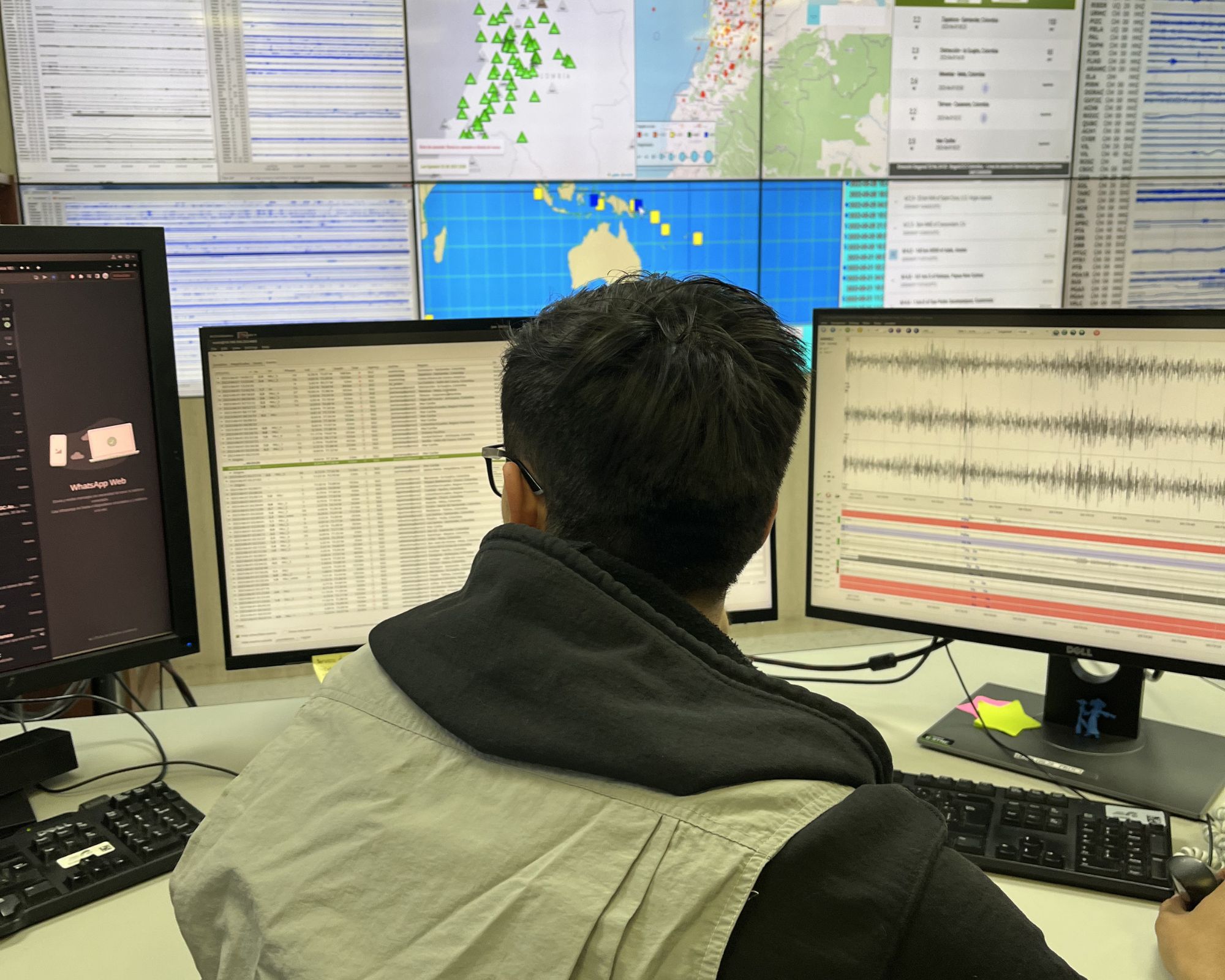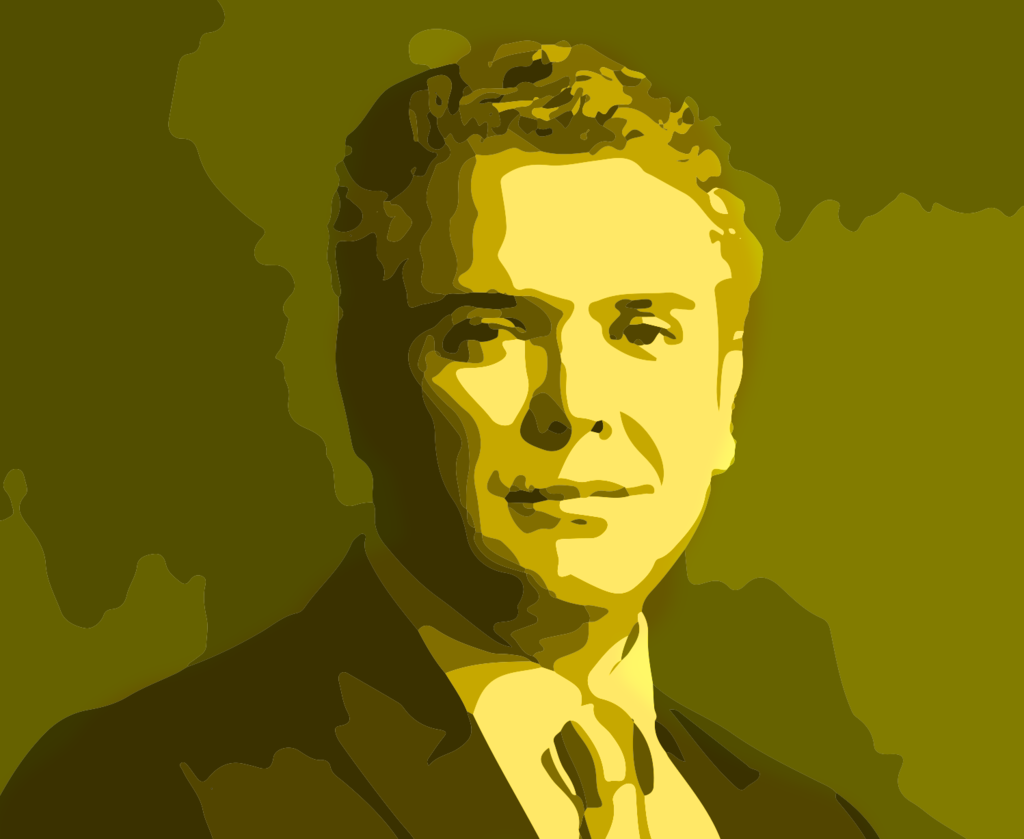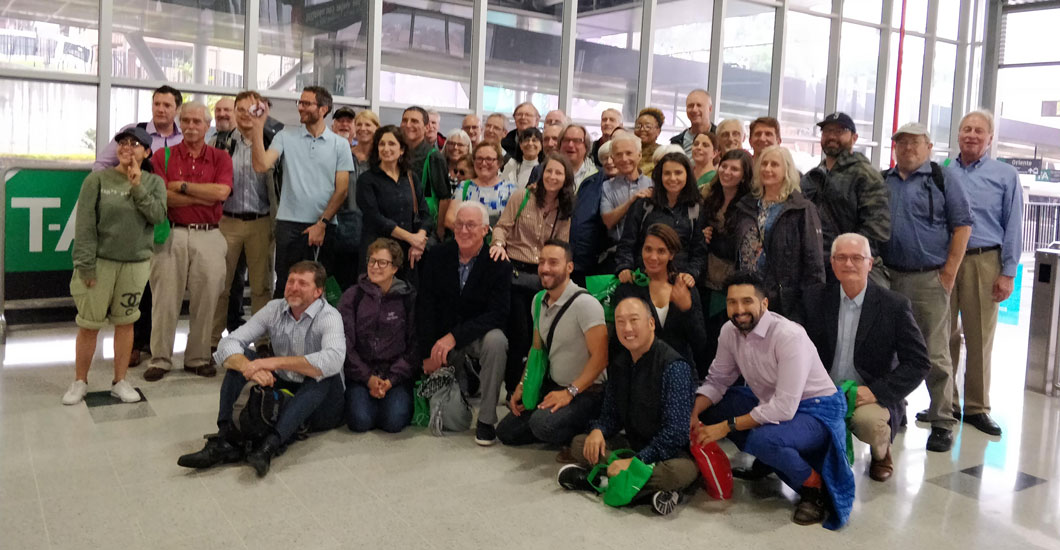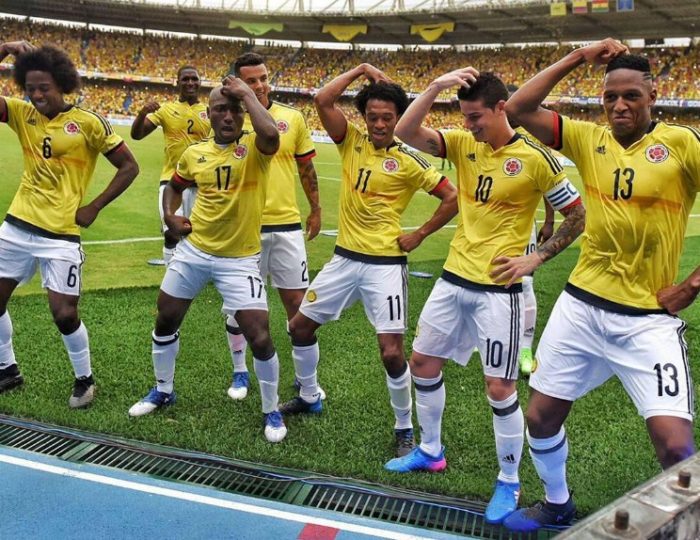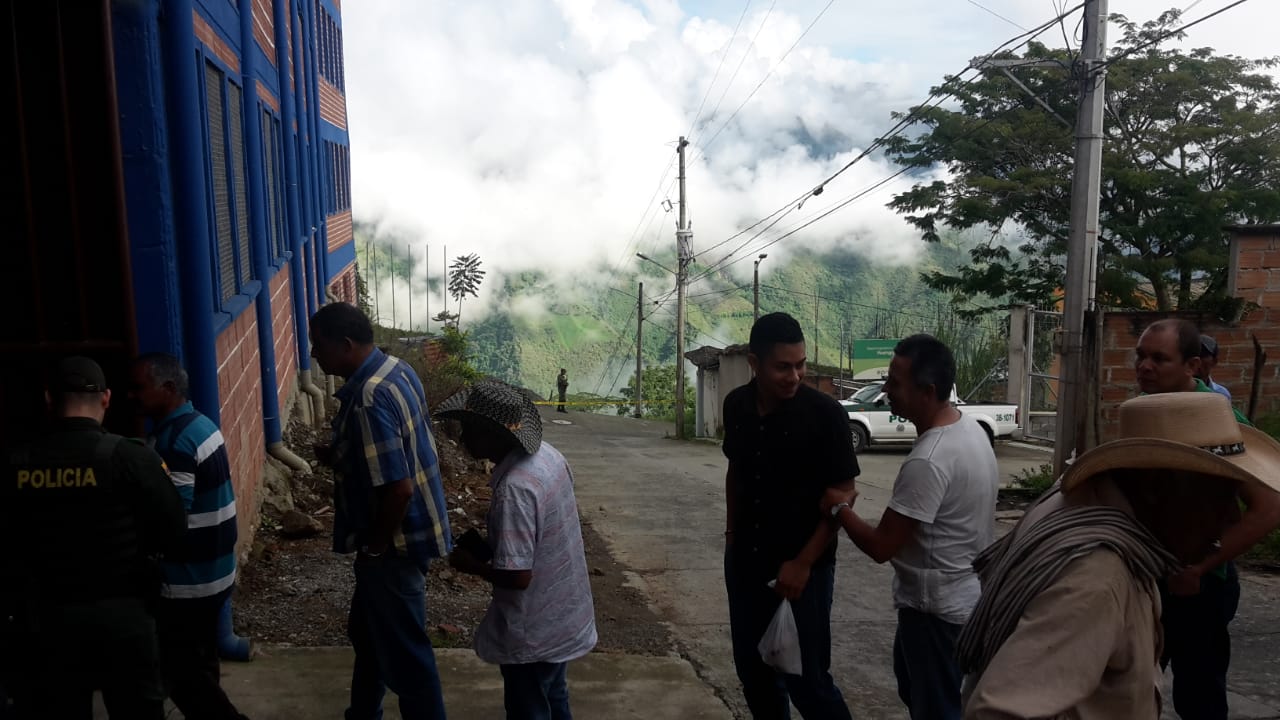
After condemning last week’s attack and its participants in a Saturday morning press conference, President Iván Duque directed his attention to Cuba’s Chancellor of Foreign Affairs, Bruno Rodriguez, imploring him to release the ten National Liberation Army (ELN) soldiers that are currently being housed on the island. On Monday, the rebel group finally claimed responsibility for the attack that left 21 dead and 68 injured.
Chancellor Rodriguez is refusing to cooperate with Duque’s demands, citing a protocol established by former Colombian president Juan Manuel Santos and the UN during peace talks with the ELN in 2017. According to a copy of the protocol obtained by the Associated Press, it states that “Colombia’s military should cease all activity in certain hotspots over a 72-hour period to facilitate the safe return of the ELN leaders. The document also leaves open the possibility of the rebels transiting through Venezuela.”
In a series of tweets on Monday, Chancellor Rodriguez condemned the terrorist attacks while reinforcing his position to adhere to the protocol:
According to Miguel Ceballos, the High Commissioner for Peace and host of the peace talks, the Cuban government should not comply with the protocol because it was established during Santos’ administration. In a press conference following Duque’s statement to reissue ELN’s arrest warrants, Ceballos reiterated his support for Duque’s course of action.
“The ELN had a great opportunity to show its will for peace. And it didn’t do that,” Ceballos said. “There is no protocol that protects terrorism.”
It comes as no surprise that Thursday’s attack on the police academy throws the peace dialogues off course. In a statement on ELN’s website, the rebel group contends that the attack on the police academy was justified, following a government-sponsored bombing on one of their bases in late December.
“We have not interrupted or slowed down efforts for peace, because we are clear that we are in a war, because the ruling class has reiterated that the dialogues should be developed in the midst of conflict.” Despite being on the offensive with the car bombing in Bogota, the ELN still insists on pursuing a favorable peace agreement.
In a column for The Bogotá Post, Sergio Guzmán explained the implications of Duque’s next move. “The attack demonstrated that the ELN maintain capability and intent to generate political instability and retain the potential to carry out attacks that cause damage in human lives,” Guzman writes. “The same applies for the government, beyond a stalemate solution with the ELN, there is no feasible strategy to inflict a total defeat on the guerrilla group, more so because of the geopolitical implications of an escalation.”
Thus far, President Duque has stayed on script with the tough-on-crime, tough-on-violence rhetoric that got him elected last May. But as peace talks come to a halt, Guzmán writes, Duque’s response to the attack will shape his presidency.

